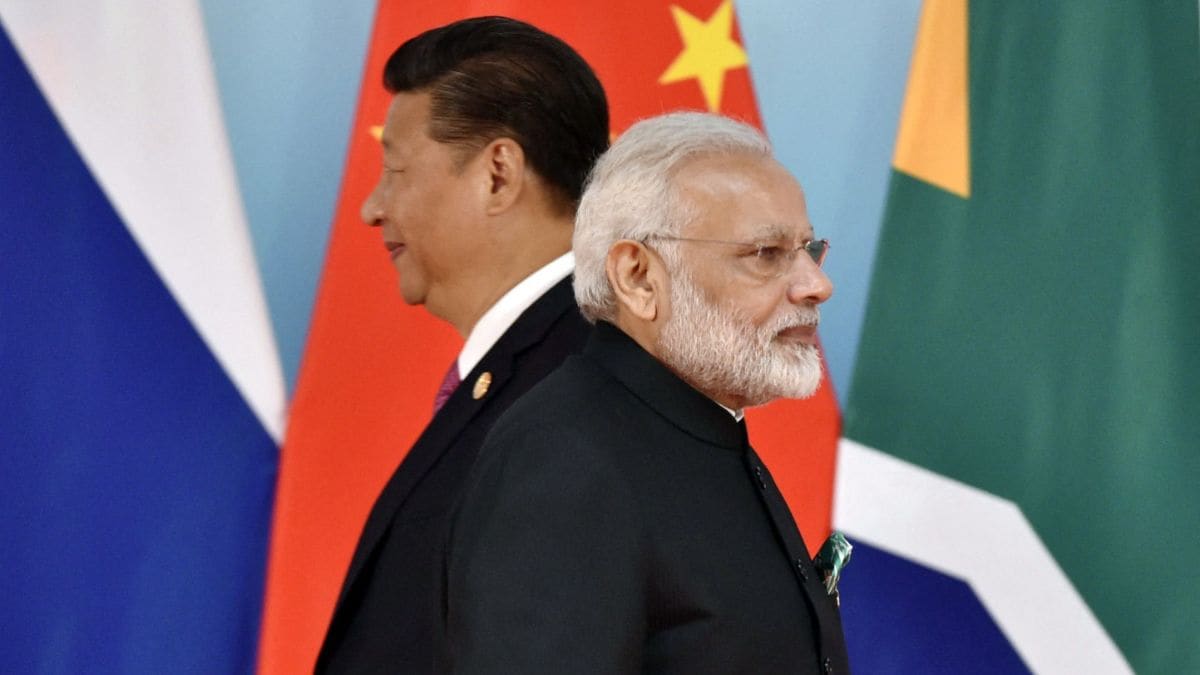British Prime Minister Keir Starmer, who called India’s Aadhaar digital ID a “massive success,” has announced plans for a similar programme in the UK, the Brit Card, drawing lessons from India’s experience while adapting it for British needs.
Unlike Aadhaar, the Brit Card will not use biometric data and will initially focus on curbing illegal migrant employment. Starmer met Nandan Nilekani, Infosys co-founder and a key architect of Aadhaar, during his recent two-day visit to Mumbai to understand how India scaled the system to benefit nearly 1.4 billion citizens. Aadhaar assigns a unique 12-digit biometric ID to residents, simplifying access to welfare, banking, and other services, and reportedly saving India billions in administrative costs.
“I don’t know how many times the rest of you have had to look in the bottom drawer for three bills when you want to get your kids into school or apply for this or apply for that—it drives me to frustration,” Starmer told reporters, highlighting the convenience a digital ID could provide.
He also linked the Brit Card to immigration enforcement, saying it would help tackle illegal working as part of broader migration agreements, including with France. Right-wing parties have raised concerns about gig economy platforms allegedly employing undocumented workers. Starmer expressed confidence that the UK could gain “a significant advantage” by learning from India’s digital ID model, aiming to build public trust while addressing employment and immigration challenges.
Launched over 15 years ago, Aadhaar now covers nearly 1.4 billion people, providing a 12-digit biometric ID that streamlines access to banking, welfare, and other essential services.
Impact Shorts
More ShortsCritics have pointed to data protection issues and cases where people were denied benefits for lacking an Aadhaar ID, The Guardian report said. Nonetheless, the system is credited with saving billions in administrative costs and reducing corruption.
The UK government has not yet partnered with private tech firms for the Brit Card programme. Opposition parties and some Labour MPs have raised concerns over costs, privacy risks, and potential government overreach, and public support has reportedly declined amid fears of data breaches and civil liberties violations.


)

)
)
)
)
)
)
)
)



